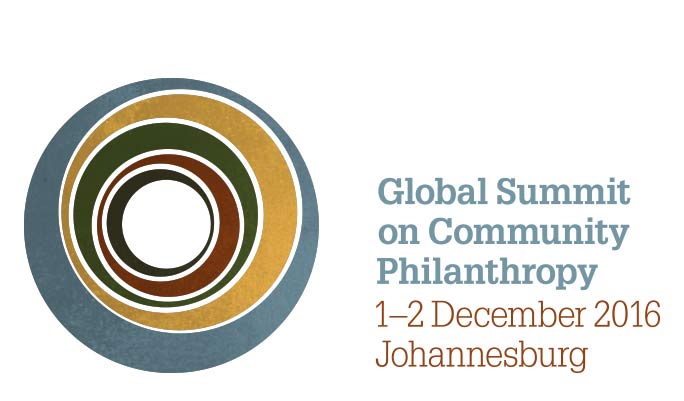Community Development Foundation Western Cape (South Africa)
Ear to the ground
How can a community philanthropy organization be the first port of call for a community in crisis?
This was the question the Community Development Foundation Western Cape (CDF), began asking itself in March 2016, as newspapers and radio broadcasts in South Africa’s Western Cape became dominated by reports of violence against women, including multiple rapes and murders. Phone-in shows told the story that across diverse communities there was widespread concern about personal safety and security. While citizens began to pull together informally with donations for victims, and around protests and vigils, CDF had the sense that it could have done more, reacted quicker - even seen the problem brewing?
Eight years after opening its doors, CDF came to the difficult realization that it perhaps did not have its ear close enough to the ground, understanding what makes communities in the Western Cape tick. To remedy this, over 2016 the foundation has set out to hold a series of intensive community dialogues with the citizens of Bredasdorp, Constantia, Khayelitsha and Westlake, to reconnect with those they aim to serve so that when the next crisis hits CDF will be better prepared.
CDF is specifically seeking insights into why wounds in these communities are deepening, and why integration within and between communities remains so contested. As such, some convenings have involved only participants from one community, while others have pulled together citizens from across the Western Cape, to get a bird’s eye view of common anxieties and possible areas for coordinated action - but in both cases ensuring that it is voices from the community leading the way. CDF has also made a concerted effort to encourage participation from those in the community not regularly consulted, for example youth, to instill in them a sense of responsibility, but also hope. This has already led directly to specific work from CDF around children’s voices and spaces in the area.
The result? Greater engagement of parts of the community that had previously been detached and disenfranchised. To put it more simply: building trust.



